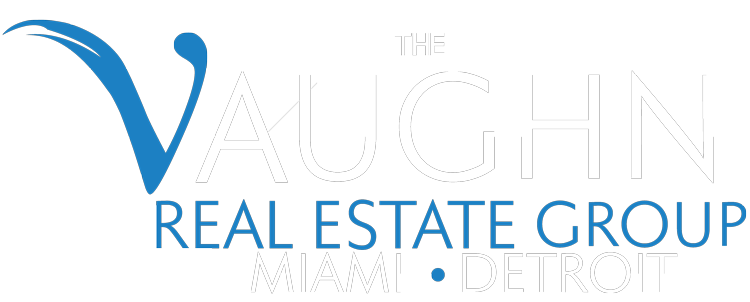Chances are you’ve heard the term “credit score” before—every financial decision from applying for a credit card to getting a mortgage loan—is affected by your credit score. But what is a credit score exactly and why is it so important, especially for homeownership?
What is a credit score?
Basically your credit score is a three-digit number generated using a mathematical algorithm. Where that number falls on a scale determines whether or not you have “good” credit. Your credit score is important because it lets lenders know if you’re “risky” to loan money to based on a number of factors. Most lenders rely on the FICO score, which ranges from 300 to 850—the closer to 850, the better!
What factors affect your credit score?
Your score is based on information on your credit report, which includes payment history, the amount of debt owed, how long you’ve had credit established, the types of credit you use, and new credit.
How can you improve your credit score?
There are a number of “good” actions you can take to improve your score, including:
- Paying your minimum balance each month on time.
- Establishing a long credit history.
- Paying down or paying off a credit card.
- Disputing any errors on your credit report.
Alternatively, there are a number of “bad” actions you can take that lower your credit score, including:
- Apply for too many credit cards in a short time.
- Skipping or missing payments and deadlines.
- Maxing out a credit card or going over your limit.
- Keeping a high balance on your card.
- Closing out credit cards even when they have a zero balance.
How can I find out what my credit score is?
Checking your credit score is easier now than it was in the past. Previously you could request a credit report from your bank for free once a year, but it didn’t always include your credit score. Now many banks and financial institutions offer the opportunity to check your credit score for free.Additionally, a lot of online services make it easy and convenient to check your score for free.
How does your credit score affect homeownership?
The biggest impact your score has on homeownership is your interest rate. Having a higher credit score typically means you’ll qualify for a lower interest rate because it tells lenders that you’ve been responsible about debt in the past. However, don’t be alarmed if your credit score isn’t great because there are a lot of other factors that lenders will look at including income, debt, and your front-end ratio.
This article originally appeared on Carrington Connects.
If you’re looking to purchase a home and worried about your credit situation, learn how you can start repairing your credit here, and carry on the conversation on our social media platforms. Like and follow us on Facebook and leave us a tweet on Twitter.




